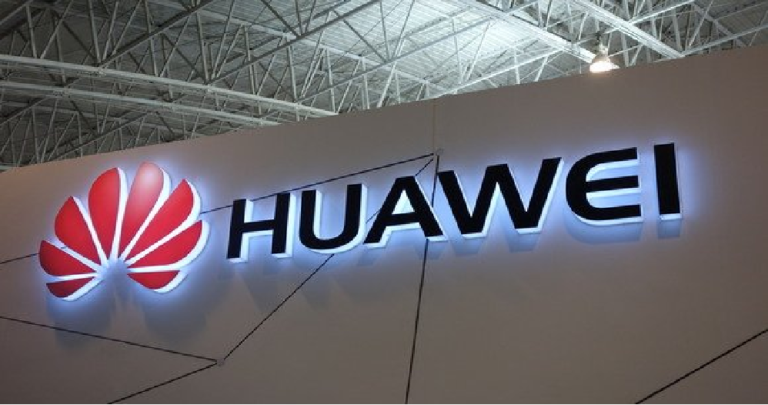
Chinese technology company Huawei, a leading global provider of information and communications (ICT) is reportedly set to release a new AI chip that could disrupt Nvidia’s dominance in the sector.
This development comes as part of Huawei’s broader strategy to strengthen its position in the AI and semiconductor industries, particularly as tensions between the U.S. and China continue to impact technology supply chains and access to critical components.
According to a CNBC report, Huawei has informed potential clients that its upcoming processor, Ascend 910C, is expected to match the performance of Nvidia’s H100, as the Chinese company aims to begin shipments as early as October.
Register for Tekedia Mini-MBA edition 19 (Feb 9 – May 2, 2026): big discounts for early bird.
Tekedia AI in Business Masterclass opens registrations.
Join Tekedia Capital Syndicate and co-invest in great global startups.
Register for Tekedia AI Lab: From Technical Design to Deployment (next edition begins Jan 24 2026).
The report also notes that several potential customers, including Chinese Internet companies and telecommunications providers, are already testing the Ascend 910C chip. Among those in early discussions to purchase the chip are ByteDance (TikTok Parent Company, Baidu, and China Mobile.
Huawei’s new AI chip aims to cater to the growing demand for Al processing power, especially in areas like data centers and cloud computing. This move could have significant implications for the global Al industry, potentially offering more competition in a market where Nvidia has been a dominant player.
The specifics of Huawei’s Al chip, including its performance capabilities and potential advantages over Nvidia’s offerings, are eagerly awaited by industry watchers. The release of this chip could also be a strategic step for Huawei to mitigate the effects of U.S. sanctions and continue its growth in Al and other advanced technologies.
Recall that in recent years, the U.S. has implemented a series of sanctions and export controls targeting Chinese tech companies, including Huawei and others. These measures restrict the sale of advanced semiconductors, Al chips, and other technologies to Chinese firms. The restrictions have significantly impacted Chinese companies’ ability to access cutting-edge technology, slowing down their progress in Al and related fields.
As both countries seek to reduce their reliance on each other’s technology, the U.S. has encouraged its companies to move supply chains out of China and to develop domestic alternatives to Chinese technology. China, in turn, has been investing heavily in developing its semiconductor industry and Al capabilities to reduce dependence on U.S. technology.
Huawei’s upcoming Ascend 910C touted as being on par with Nvidia’s H100, could offer a competitive alternative to Nvidia, especially in the Chinese market. However, Nvidia has a significant lead in terms of established technology, software ecosystems (like CUDA), and a large user base, which Huawei would need to match or surpass to truly, disrupt Nvidia’s market position.
Meanwhile, the reception of Huawei’s Al chips by major customers, such as Chinese internet giants and telecommunications providers, could be a key indicator of its potential to challenge Nvidia. If companies like ByteDance, Baidu, and China Mobile adopt Huawei’s chips, it could signal a shift in the market, at least within China. However, achieving similar success internationally would be more difficult, as Nvidia continues to innovate rapidly, pushing the boundaries of Al hardware with each new generation of chips.
Challenging Nvidia’s global dominance is a much steeper climb, requiring Huawei to overcome significant technological, geopolitical, and market hurdles. While Huawei might carve out a substantial niche in the Al chip market, especially within China, displacing Nvidia on a global scale would require a sustained and multifaceted effort.



